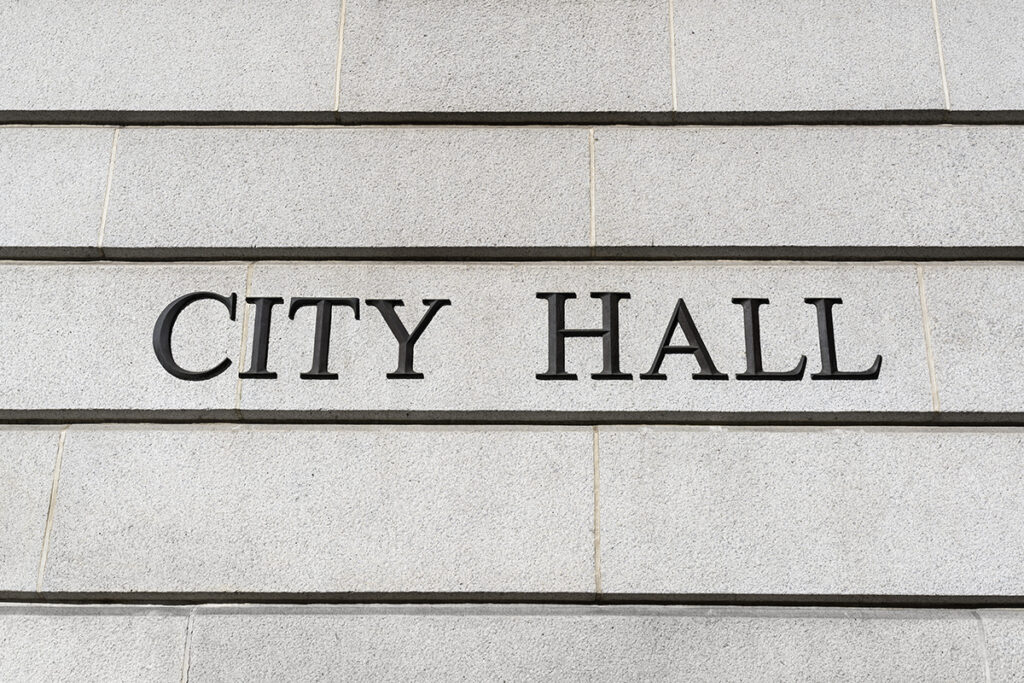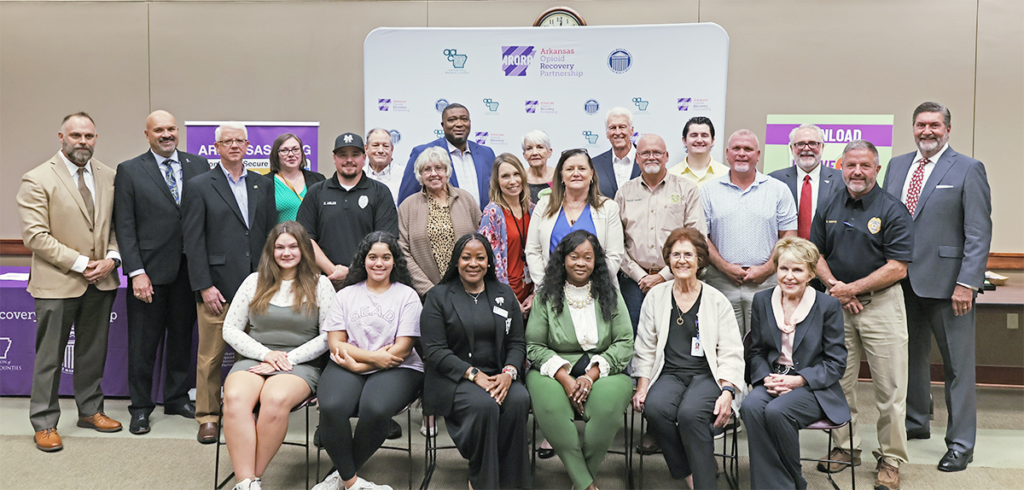Earlier this year my daughter, Grace, read Watership Down. I had previously encountered references to the book, but I had not taken the time to read it. In the introduction the author, Richard Adams, explained the likely reason why. Publisher after publisher initially rejected his book with this explanation: It is too serious for young children, and older children won’t read a book about rabbits. Those publishers were wrong.
Adams crafted a novel that went on to win numerous awards and eventually joined the ranks of classic children’s literature. Throughout the book, it struck me that the richness of the characters and their personalities provided meaningful insight into humanity and the way we interact with an important lesson in local government.
One character description stood out for its clarity and thoughtfulness. The character Bigwig is as his name describes. He is a large rabbit with a tuft of hair atop his head. The leader of the rabbit colony, Hazel, offered the insight that Bigwig “was probably going to be troublesome. He was certainly no coward, but he was likely to remain steady only as long as he could see his way clear and be sure of what to do. To him, perplexity was worse than danger; and when he was perplexed he usually grew angry.”
It struck me in the moment and strikes me now how true this reality is for many of us, particularly in the field of politics. As the 2024 presidential election draws near, I find myself thinking about how often confusion leads to anger and why this emotion continues growing in prevalence.
On one hand, anger is a natural response to circumstances. Plato, who knew a bit about politics, observed that anger is a natural response when people think they are wronged. They “instantly boil and chafe” until correcting the injustice. In this sense, we can think of anger as a signal that something is wrong. The issue, however, is what we do with that signal.
In his recent book, The Spirit of Our Politics, Michael Wear offers this observation: “Our political system intentionally and methodically cultivates anger. Political activists, academics and politicians testify to the usefulness of anger in our politics. Studies have shown anger can motivate political behavior, and the scientific ratification of that fact lends all the sanction that many people who have power need, in response, to stoke anger.”
Consider for a moment how well known it is that we can manipulate people in their anger. There are few ways to more quickly bring people onto your team than to affirm and kindle someone’s anger toward a common enemy. So it is no surprise that we see this approach of spurring outrage on the news, from our politicians and even in our individual conversations about politics.
But just as the leaders in Watership Down were wary over anger, we should hold a similar posture. We should see our way clearly and remember that anything done in anger can be done better without it. Not only is it in the public interest to pursue reason and self-control over anger, but it for our individual good. Augustine of Hippo, in his Letter 38 (A.D. 397), notes how anger, particularly anger that extends from a sense of being in the right, “permeates within, until the whole is soured, and the vessel itself is spoiled.” And what is true for the individual is true for the community.
Each of us carries a responsibility in our circle of influence. The circle may not be as large as a national politician’s, but the influence is no less valuable or significant. Speaking with rage, disrespect or even annoyance normalizes the corroding nature of anger. The citizenry is watching whether we appreciate it or not. It may not show up broadly, but the nature of our words will affect the way others think and talk about all levels of government. It is a responsibility we cannot take lightly.
Rather than holding onto the impulse of anger when we have been wronged or witness injustice, we can choose to emulate Hazel, the wise leader from Watership Down. Over and again, he demonstrated a calm and thoughtful leadership, even in the most challenging situations. Hazel and his community modeled the mindset that they would rather succeed in doing what they can, rather than fail to do what they cannot. This idea is an important reminder that progress often comes in small steps, not grand leaps. By focusing on achievable goals and building upon existing strengths, we can create a more effective and civil political climate.
Despite this aspirational vision, the complexities of modern politics make it easy to overlook leadership like Hazel’s quiet and reflective voice. It is far easier to be like Bigwig: perplexed and angry. But embracing the impulse of anger is rarely, if ever, the template for sound governance. If we can instead respond wisely to the confusion and frustration by remembering how much we all have in common, then we are far more likely to find the practical solutions that will help improve our communities.
We may long for broad, sweeping changes to improve the nature of our politics and government. Yet sometimes the smallest reminders—like those found in children’s books—can reshape our perspective. By choosing kindness and empathy over anger and division, we can begin to transform our political discourse. It may not be the far-reaching changes we desire, but starting where we are and trading anger for joy in the small moments may provide the best opportunity to reach a meaningful destination in the years to come.
Nathan Eberline is executive director of the League of Kansas Municipalities. He can be reached at [email protected].
This article appeared originally in the September/October 2024 issue of Kansas Government Journal, the official magazine of the League of Kansas Municipalities, and is reprinted with permission.










